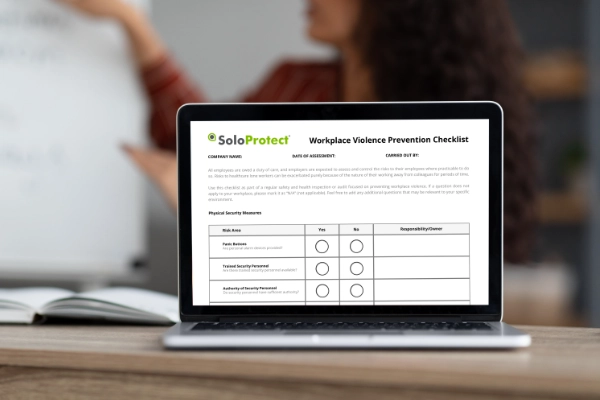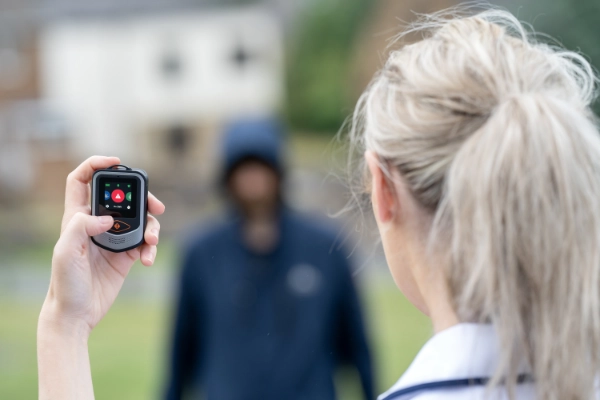Thank you! Your submission has been received!
Oops! Something went wrong while submitting the form.
.png)
2G and 3G Network Switch-Off in the UK: What Lone Worker Device Users Need to Know
July 3, 2025
Read article →
Blogs
No items found.
.png)
6 Steps to Building a Lone Worker Safety Strategy: A Complete Guide for Employers
June 12, 2025
Read article →
Blogs
Workplace Heath & Safety
Mental Health at Work
.png)
SoloProtect Report Reveals 132% Increase in Attacks on Lone Workers
February 3, 2025
Read article →
News
No items found.
.png)
Celebrating 21 Years of Lone Worker Safety: SoloProtect's Impact in 2024
January 27, 2025
Read article →
News
No items found.
.png)
Lone Working: The Law and How to Comply- Webinar
October 10, 2024
Read article →
Downloads
No items found.

How to Stay Safe When Working Alone at Night: Tips and Legal Responsibilities
October 4, 2024
Read article →
Blogs
No items found.

SoloProtect Partners with Jumar to Advance Lone Worker Safety Technology
September 26, 2024
Read article →
News
No items found.

Protecting MPs with SoloProtect: Ensuring Safety in Parliament and Constituencies
July 18, 2024
Read article →
News
No items found.

International Travel Safety: Protecting Lone Workers with SoloProtect
July 11, 2024
Read article →
Blogs
No items found.

Download a workplace violence prevention checklist
June 19, 2024
Read article →
Downloads
No items found.

Supporting Victims of Stalking in Your Workforce
June 14, 2024
Read article →
Downloads
No items found.
.png)
Business Case Support
June 12, 2024
Read article →
Downloads
No items found.
.png)
SoloProtect UK Brochure
June 9, 2024
Read article →
Downloads
No items found.

.png)
.png)
.png)
.png)
















